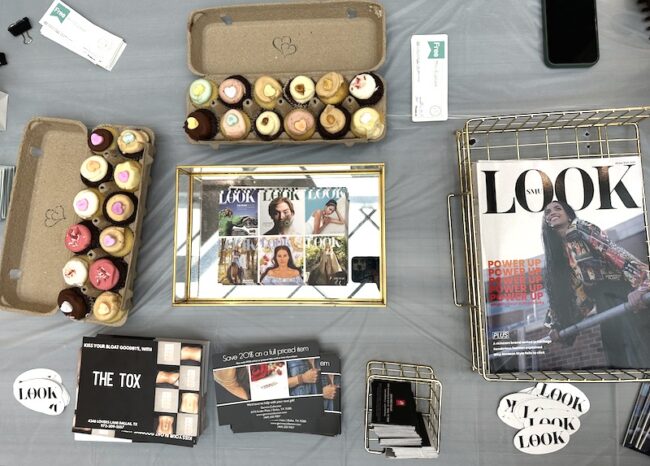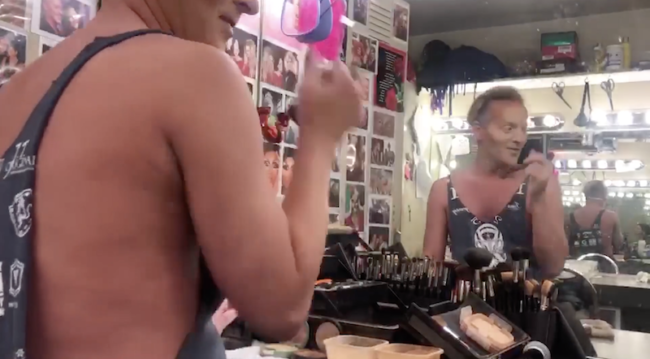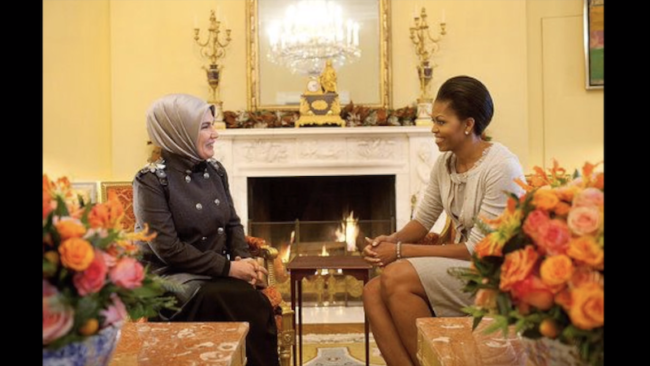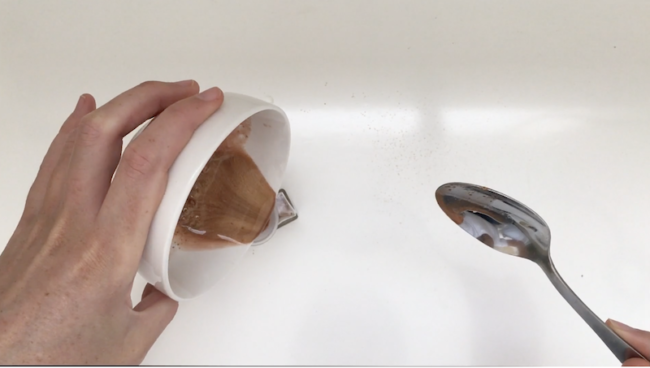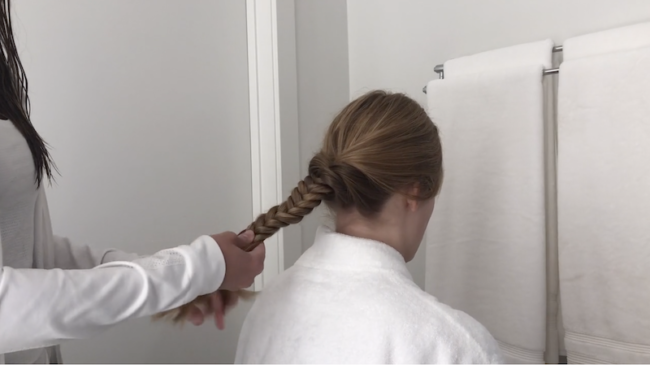In the last hours of New York Fashion Week, designer Marc Jacobs sent Gigi Hadid, Kendall Jenner, Karlie Kloss and the rest of his model lineup down the runway with fifty-five dreadlocks on their heads. The hand-dyed, hand-rolled wool hair was sourced from Florida Etsy seller Jena Counts, owner of Deadlocks by Jena, who worked with Jacobs to create 300 different shades to perfectly coordinate with the collection.
“It’s so fun and different and edgy,” model Riley Montana told The Cut backstage during the show. “I feel like it’s appreciating a different culture and showing it with different people, different races, different cultures, and different personalities, so it works.”
However, not everyone shared Montana’s enthusiasm for the look. As soon as the first model stepped out onto the runway, social media exploded with comments accusing the designer of cultural misappropriation. Twitter user @keikei_xo tweeted, “An unknown black man/woman has dreads it is assumed they smoke and or are unprofessional. Marc Jacobs has a model with dreads it’s boho chic.”

User @emmelephant commented below an Instagram photo from the show saying, “Was super cool until I realized the pastel hair was in dreads. Like a commenter above me said, if that was the look you were going for, use models of color. Would’ve been a great way to be more inclusive and have an amazing show with an otherwise-amazing aesthetic.”
While countless others also voiced their disapproval of the hairstyling choice, the situation, which might have died down after a few hours, took new life when Marc Jacobs himself took to Instagram to respond to the backlash.
He commented on one of his photos saying: “All who cry ‘cultural appropriation’ or whatever nonsense about any race or skin color wearing their hair in any particular style or manner — funny how you don’t criticize women of color for straightening their hair. I respect and am inspired by people and how they look. I don’t see color or race — I see people.”
Outrage exploded throughout the social media domain as people reacted strongly to the designer’s comments, crying that he was inappropriately exploiting African-American and Rastafarian culture.
Accusations of cultural appropriation are not new to runway shows or fashion weeks. Cultural appropriation can be most easily defined as “members of cultural majorities trying to adapt cultural elements of a minority,” according to Subcultured Magazine.
In the reactive world we in live, the outcries of cultural appropriation are not far and few but instead seem to be a regular occurrence. This past year alone has seen many instances of fashion industry players and media stars alike being chastised for borrowing from other cultures.
For its Fall 2015 runway show in Milan, DSquared2 changed its name to “DSquaw” — a derogatory name for a North American Indian woman or wife — and sent models down the runway in perceived Native American dress, which included a line embellished with tribal designs and fur moccasin like footwear. While DSquared2 called it an “ethnic makeover,” the brand was reprimanded for not consulting any Native American artists or using models who represented the culture. One writer for Native Appropriations, wrote: “There should be no representation of us, without us. What want to draw upon Indigenous cultures for your line? Involve Indigenous artists and designers. There is no alternative answer.”
Elle Canada saw similar backlash this summer for their insensitivity toward African culture when it called the West African shirt known as the dashiki the new “it-item of note.” The tweet and corresponding article were both removed from the magazine’s site, but not before the Internet was able to react to it and berate the publication.
Since the Internet exploded from Marc Jacobs’ response to the backlash, the designer has issued an apology. In the caption of an Instagram post published this weekend, he wrote: “I apologize for the lack of sensitivity unintentionally expressed by my brevity.”
In a day and age of expression fueled by the accessibility of social media as a platform of free speech, vocalization against cultural appropriation will continue. One can only hope to make it through Paris Fashion Week without another online explosion.




